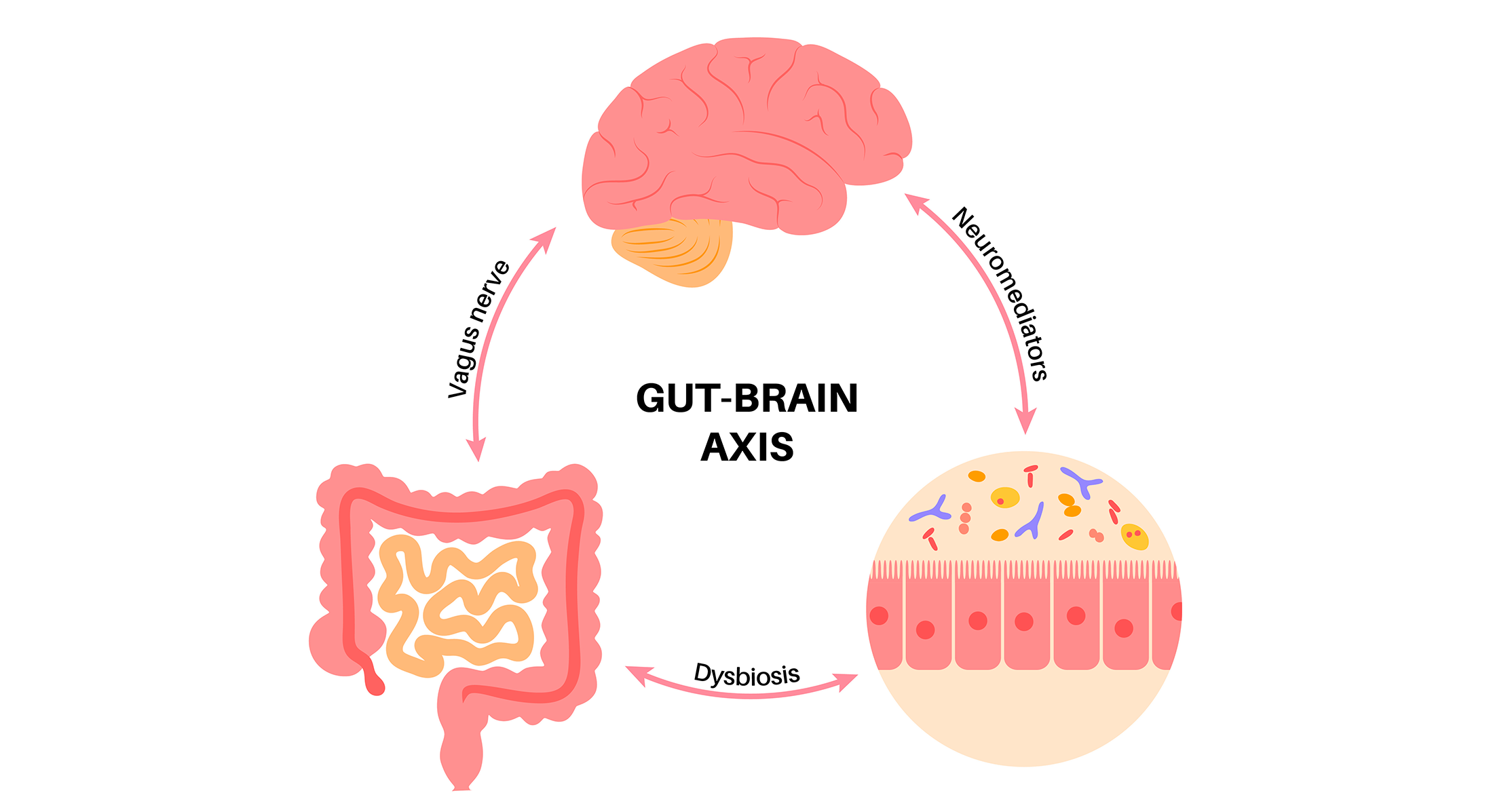Healing Depression Naturally: Understanding the Root Causes
Depression isn’t just “feeling sad” or “being in a bad mood.” It’s a complex condition influenced by your body, your brain, your lifestyle, and even your environment. While it can feel overwhelming, the good news is that understanding what contributes to depression is the first step toward healing naturally — and you don’t have to do it alone.
In this blog, we’ll explore the root causes of depression from a holistic, functional, and nutrition-focused perspective. This is about looking at the big picture, not just masking symptoms.
What Causes Depression? A Holistic Perspective
Depression doesn’t usually have a single cause. Often, it’s the result of multiple factors interacting together. Here’s a breakdown of what might be contributing:
1. Diet and Nutrition
Your brain needs certain nutrients to make mood-regulating chemicals like serotonin and dopamine. Poor diet, blood sugar spikes, and inflammation can all impact mood. Some common nutritional factors linked to depression include:
Low levels of vitamin D, B12, folate, magnesium, or zinc
Omega-3 deficiency, which is important for brain health
High intake of processed foods and sugar, which can worsen inflammation and mood swings
Omega-3 deficiency can lead to more than depression symptoms.
2. Gut Health
Your gut and brain are deeply connected — often called the gut-brain axis. When your gut is imbalanced (low diversity of bacteria, inflammation, or “leaky gut”), it can affect neurotransmitter production, including serotonin — which plays a huge role in mood.
3. Lifestyle and Environment
Modern life can subtly (or not so subtly!) impact your mood:
Chronic stress and overwork
Isolation and lack of meaningful connection
Too much screen time and social media comparison
Poor sleep or disrupted circadian rhythms
Limited sunlight, especially during winter months
4. Trauma and Emotional Health
Past trauma, unresolved emotional issues, and long-term stress can alter brain chemistry and make it harder to regulate emotions.
Depression is not a personal failure — it’s often a signal that your nervous system and body need support.
Why a Holistic Approach Works
Traditional approaches often focus on symptom management, like medications or short-term therapy. A holistic, functional approach looks at the whole system:
Body: Nutrients, blood sugar, inflammation, gut health
Mind: Thoughts, coping strategies, emotional processing
Lifestyle: Sleep, sunlight, movement, social connection
Addressing the root causes can lead to long-lasting improvement, better energy, clearer thinking, and a greater sense of well-being.
Looking Ahead
Understanding depression is just the first step. In the next blog, we’ll dive into practical lifestyle habits that support a healthy mind — from movement, sleep, and sunlight to social connection and outdoor time.
These small daily changes can start to shift mood naturally, even before supplements or diet changes come into play.
Stay tuned,
Nontoxic Babe.


